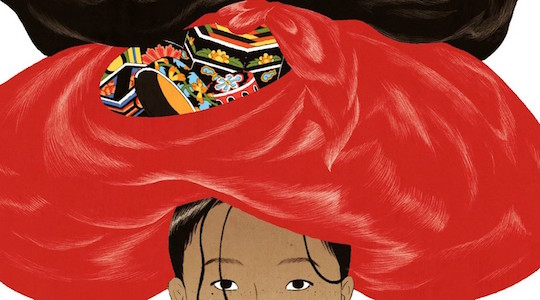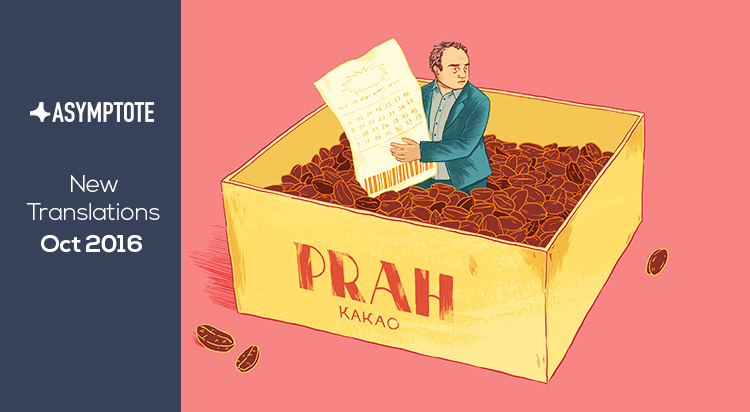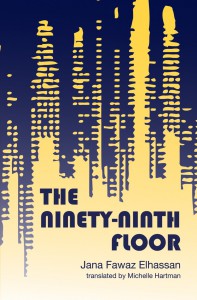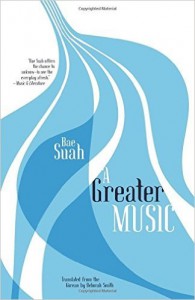Today, we continue our four-part series on contemporary Korean Literature sponsored by Literature Translation Institute of Korea. Introducing our next title is scholar Jae Won Edward Chung, who last reviewed Yi Sang’s Selected Works (tr. Jack Jung, Joyelle McSweeney, Sawako Nakayasu, and newly annointed National Book Award winner Don Mee Choi).
The Secret Outside Us: A review of Bae Suah’s Untold Night and Day (tr. Deborah Smith)
Ayami, a former actress in her late twenties, works in an audio theater, takes German lessons, and fantasizes about the birth parents she never knew. One day, she has a disturbing encounter with a man loitering outside the theater. When he insists on being let in, their hands briefly meet over the opposite sides of the glass door. Buha is an aspiring middle-aged poet who has never written a poem in his life. He obsesses over a woman poet whose photograph he once saw in a newspaper. He appears to cross paths with her in the same audio theater where Ayami works. Is Ayami the poet? Here, too, their hands overlap without touching. But something is off. The poet woman should be decades older than Ayami. And we know—or think we know—that Ayami is not a poet.
On the surface, Bae Suah’s Untold Night and Day is about alienated city-dwellers stranded in their quest for connection and significance. The novel is filled with creative and intellectual types, most of whom have experienced varying degrees of failure. They discuss theories of photography and obsess about Max Ernst’s objets. Their lifestyle and banter may feel like familiar territory for some readers, but their journey is not without pathos, as we find ourselves in the thrall of the same yearning and fear that grip these artists as their lives unceremoniously pass them by. There are also scenes of levity. In the first section, we’re promised the appearance of a German poet. Seventy pages later, a detective novelist arrives instead, with hopes of taking an inspiring train ride up to Yalu River bordering China (Ayami has to remind him about North Korea).
As the introduction of this detective confirms, Bae is operating within the parameters of the postmodern noir. The balance of the surreal, the cerebral, the melancholic, and the grotesque puts Bae’s work in league with Thomas Pynchon’s The Crying of Lot 49 or David Lynch’s Mulholland Drive. READ MORE…





